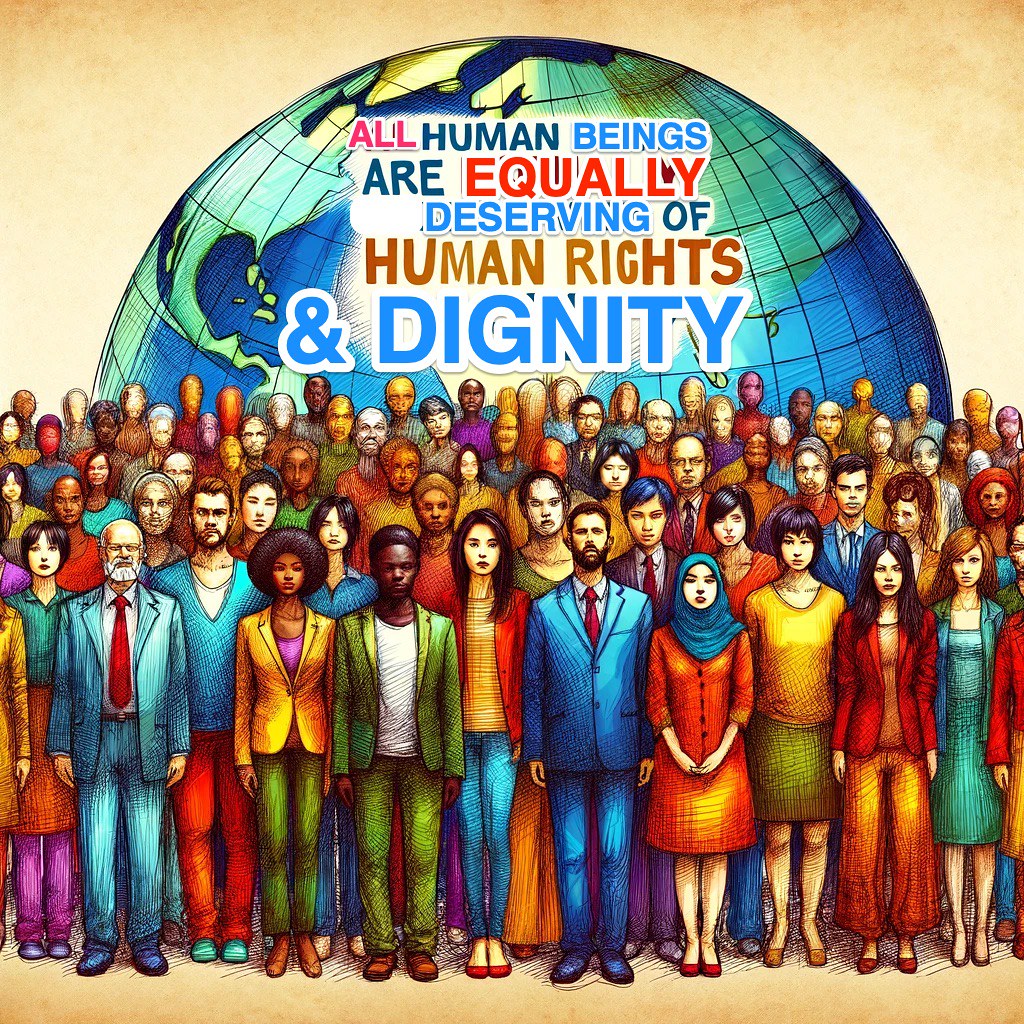Yale is one of the wealthiest universities in the world, yet one quarter of the surrounding New Haven, Connecticut community lives in poverty.
According to the United States Census Bureau’s (USCB) population assessment in 2023, 25.3% of citizens in New Haven are classified as impoverished. Yale’s 41.4 billion dollar endowment — calculated by the U.S. News and World Report — directly contrasts with the lack of wealth in the city which the university is situated in.
The USCB indicates that the median household income in New Haven is $54,304 while students attending Yale have a median family income that nearly quadruples that value, at $192,600. Such statistics bring into question if Yale uses its abundant resources to foster the growth and success of both its students and local city.
Investing in New Haven’s infrastructure, businesses, and safety initiatives is not required of Yale due to section 501(c)(3) of the Internal Revenue Code. In the state of Connecticut, this law exempts Yale from federal and state taxation on academic properties, which prevents any action being required of the university in order to contribute to New Haven community improvements.
However, simply because the city does not require the university’s involvement does not mean Yale fails to take initiative. Yale’s Community Investment Program supports independently owned businesses by hosting merchant association meetings, organizing events to draw in visitors, overseeing advertisements, and investing in the businesses’ properties. The program also expresses its value for diversity by recruiting minority and female-owned businesses to their retail districts.
Yale is also listed as one of the founders of New Haven Promise (NHP). This organization strives to advance New Haven students’ academic skills and career preparedness. Their newest measure of ensuring success is through the establishment of the James W.C. Pennington Scholarship, which is funded by Yale.
In 2016, the state government attempted to pass legislation to tax Yale’s academic properties in order to increase the investments made in the New Haven neighborhoods. This is seemingly advantageous as the bill would ensure community improvements for citizens. Yet, Yale threatened that this taxation would lead them to limit the public use of academic buildings, which adversely affects New Haven.
By highlighting Yale’s potential to positively influence citizens living in poverty, the New Haven community can hold the university accountable in hopes of enhancing the local standard of living.



![[Shark Fin Soup] by [Harmon] is licensed under [CC BY-ND 2.0]](https://flhsprospect.com/wp-content/uploads/2025/04/Screenshot-2025-04-24-8.24.37-AM.png)




